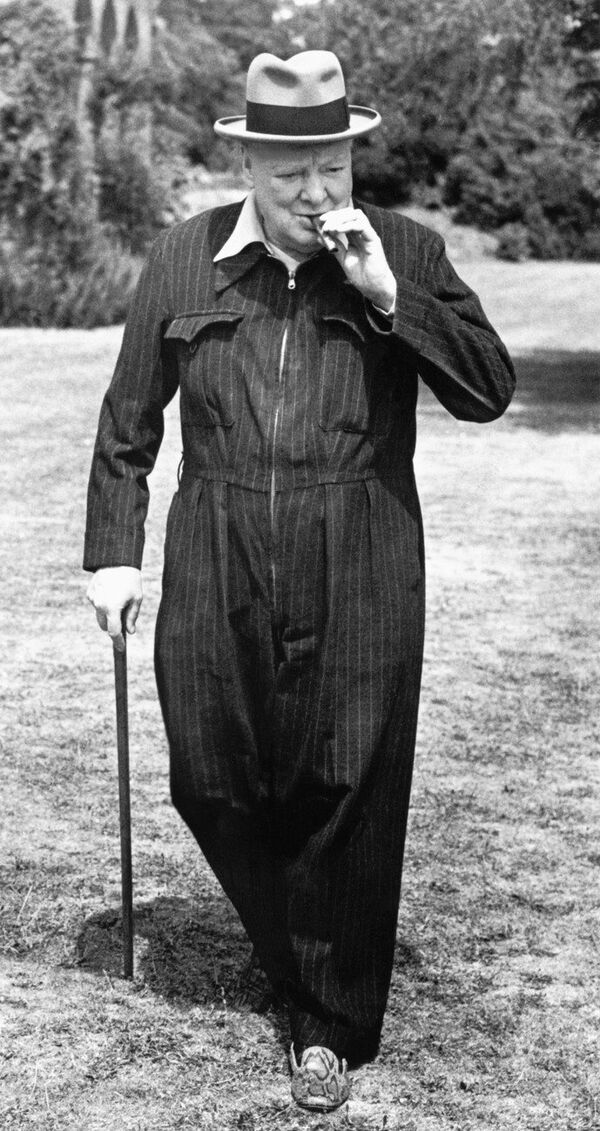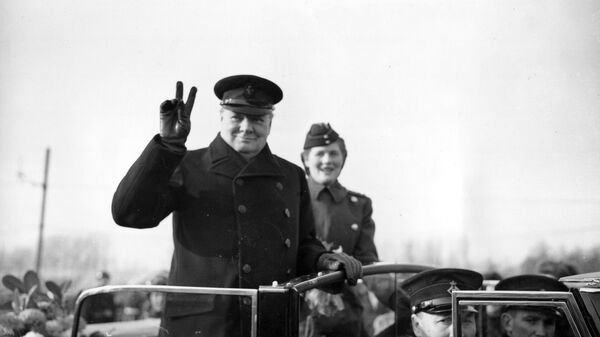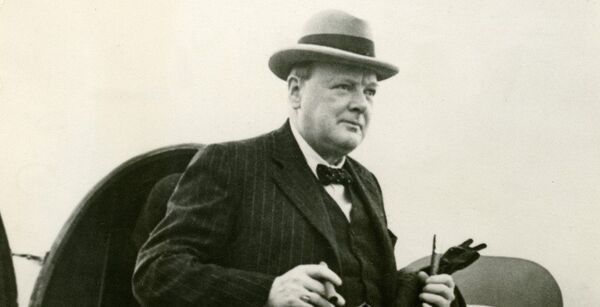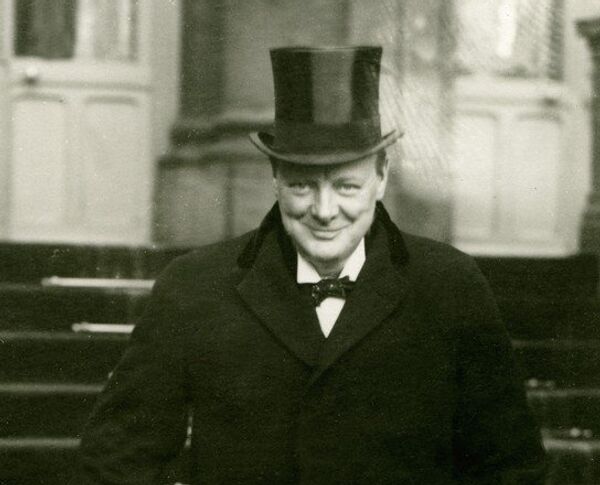The revelation was made by Warren Dockter, a history research fellow at Cambridge University, while conducting research for his book, "Winston Churchill and the Islamic World: Orientalism, Empire and Diplomacy in the Middle East."
Dockter has discovered the personal correspondences the British politician exchanged with his close relatives, according to the National Post.
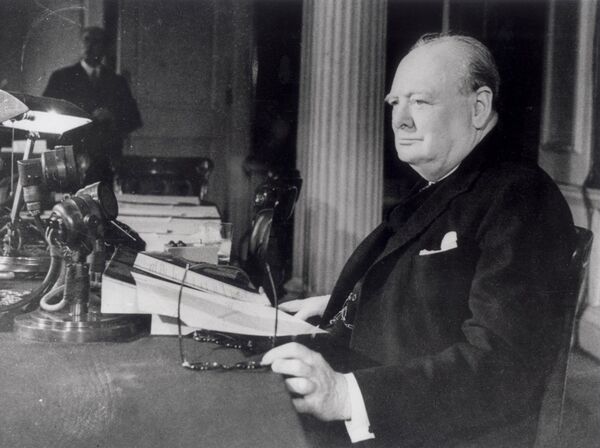
A letter to Churchill from his future sister-in-law, Lady Gwendoline Bertie, written in August 1907, urged him to rein in his enthusiasm for the Muslim faith.
"Please don’t become converted to Islam; I have noticed in your disposition a tendency to Orientalize [fascination with the Orient and Islam], Pasha-like tendencies, I really have," she pleaded.
"If you come into contact with Islam, your conversion might be effected with greater ease than you might have supposed, call of the blood, don’t you know what I mean, do fight against it," wrote Lady Gwendoline, who married Churchill’s brother Jack.
The book also suggests that Churchill’s fascination led him and his close friend Wilfrid S. Blunt, a poet and radical supporter of Muslim causes, to dress in Arab clothes in private while in each other’s company.
In October 1940, when Churchill was leading Britain’s fight against Nazi Germany, he approved plans to build a mosque in central London and set aside £100,000 for the project. He continued to back the building of what became the London Central Mosque in Regent’s Park – which he hoped would win support for Britain in the Muslim world at a crucial moment – even in the face of public criticism.
In December 1941, he reportedly told the House of Commons: "Many of our friends in Muslim countries all over the East have already expressed great appreciation for this gift."
As Churchill did not convert to Islam, Dockter concluded that his fascination was "largely predicated on Victorian notions, which heavily romanticized the nomadic lifestyle and honor culture of the Bedouin tribes."
Dockter also stressed that Churchill's understanding of Islam was so limited that as colonial secretary during the early 1920s he had to ask what the difference was between the religion's two denominations, Shia Islam and Sunni Islam.
